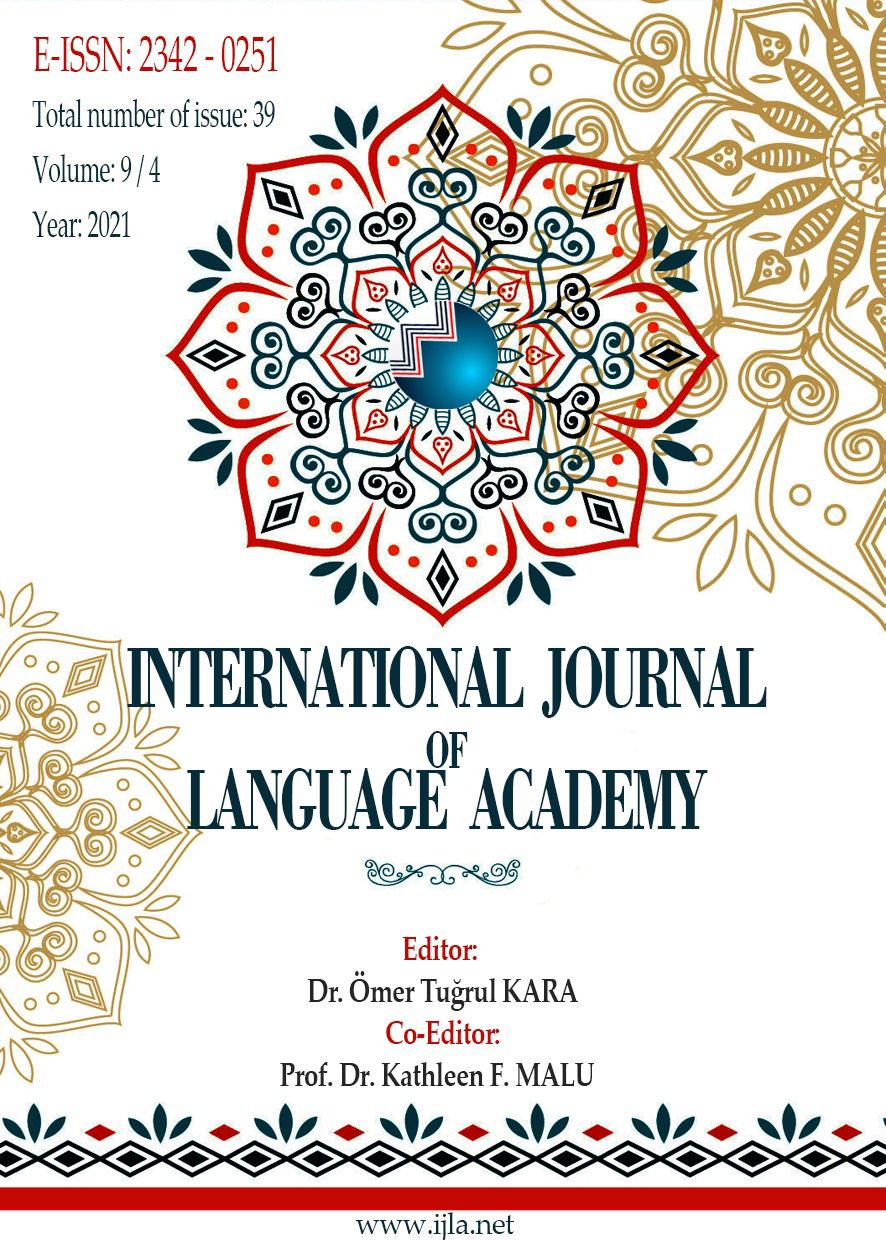Author :
Abstract
Keywords
Abstract
This research note provides the intended readers with a basic outline of the historical transformation, social categorization, and medical classification of melancholy as disease, disorder, temperament (disposition), and mood (state of mind) throughout the ages, beginning with ancient Greece. It attempts to give a brief account of the chronological change in understanding, explanation, and interpretation of the concept of melancholy and the melancholy states until the 20th and 21st centuries, when it is rather begun to be regarded as an emotional response to an unconscious loss and lack, and eventually a transient emotion. This review aims to serve as a useful introduction to the melancholy studies and for the researchers, particularly for those who aim to develop a clear and concrete idea about the field. It is chiefly based upon the theories suggested by the eminent scholars of each period, Aristotle, Galen, Avicenna, Hippocrates, Robert Burton, and George Cheyne, and their erudite works. Within this framework, the present research note is respectively focused on the Ancient Greek times (referring to the conventional notion of melancholy characterized by the theory of humours), the medieval period, the Renaissance age, the seventeenth century, and, lastly, the eighteenth and nineteenth centuries as a whole to explore the internal and external histories of the term.
Keywords
- Aristotle (1973). Problems II: books XXII-XXXVIII. London: William Heinemann Ltd.
- Aristotle (1973). Problems II: books XXII-XXXVIII. London: William Heinemann Ltd.
- Avicenna (1973). A treatise on the canon of medicine of Avicenna. New York: AMS Press. Bowring, J. (2008). A field guide to melancholy. Harpenden: Old Castle Books.
- Burton, R. (2009). The anatomy of melancholy. Ex-classic Project.
- Cheyne, G. (1991). George Cheyne: the English malady. New York: Routledge.
- Darcy, J. (2013). Melancholy and literary biography. New York: Palgrave Macmillan.
- Ferber, I. (2013). Philosophy and melancholy: Benjamin’s early reflections on theater and language. California: Stanford University Press.
- Radden, J. (2000). The Nature of melancholy from Aristotle to Kristeva. Oxford: Oxford University Press.
- Radden, J. (2009). Moody minds distempered: essays on melancholy and depression. Oxford: Oxford University Press.
- Sontag, S. (1978). Illness as metaphor. New York: Farrar, Straus and Giroux.
- Yemez, Ö. (2018). Aesthetic transformation and functional displacement of melancholy: theanalysis of melancholic persona in the selected works of eighteenth-century poets(Unpublished Doctoral Dissertation). Karadeniz Technical University, Trabzon.





